
Spectrum
Cantwell Releases Draft Legislation to Restore FCC Auction Authority, Fund ACP, Rip and Replace
The Senate Commerce Committee is planning to vote on the bill at its May 1 markup
The Affordable Connectivity Program provides subsidized broadband connections of $30/month, and $75/month for Tribal households.

Spectrum
The Senate Commerce Committee is planning to vote on the bill at its May 1 markup
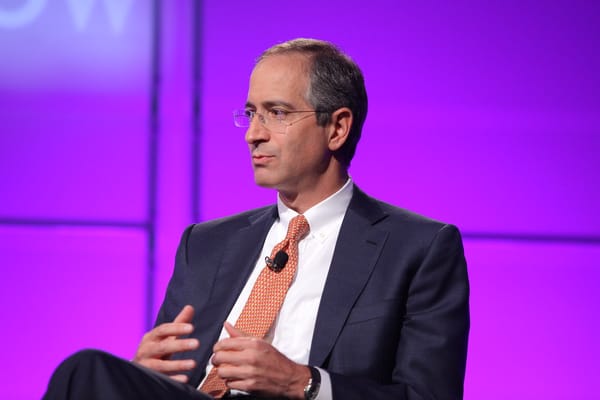
Earnings
Comcast reps said Thursday they do not foresee immediate improvement in the declining trend of cable internet subscribers.

Earnings
The company also reported low mobile churn despite network outages and a data breach.
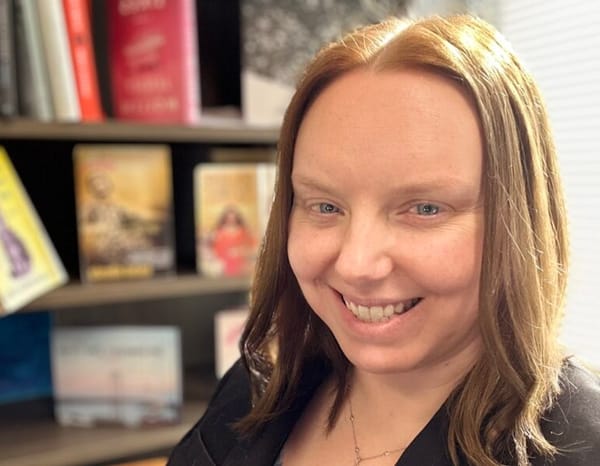
Expert Opinion
Unless Congress acts now, America will lose a key element in the effort to close the digital divide.

Digital Inclusion
The event will be in person at Shaw/Watha T. Daniel Library, located at 1630 7th St NW in Washington, and live online.

Verizon
The company added 354,000 fixed wireless subscribers in the most recent quarter, leaving the company with 3.4 million such customers overall
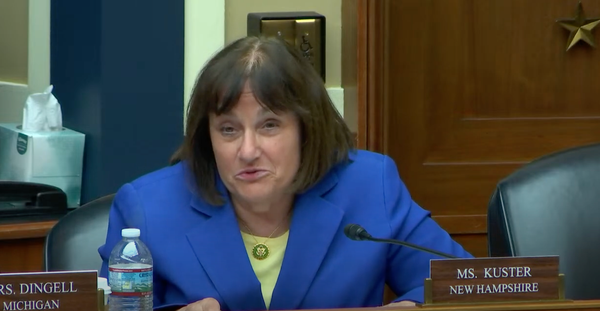
Health
Participants consider broadband internet an integral part of expanding telehealth accessibility.
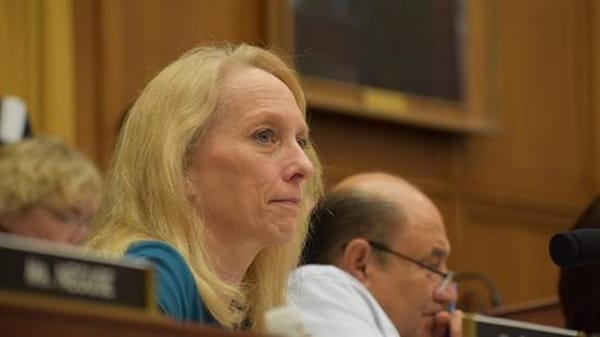
Digital Inclusion
Rep. Mary Gay Scanlon, D-Penn., said it may be the only viable way to fund the ACP Extension Act.

Universal Service
INCOMPAS and CCIA side with Affordable Broadband Campaign, and against Rosenworcel, on simmering battle over USF.
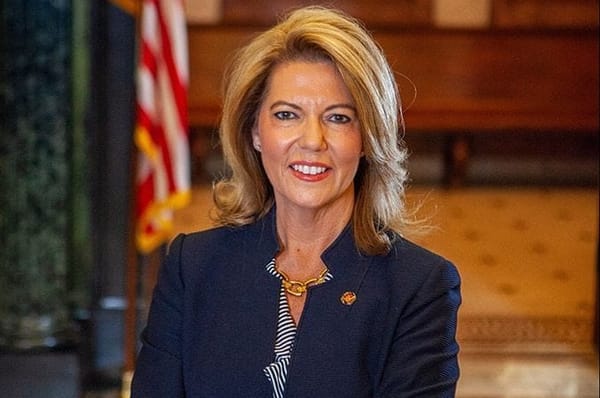
BEAD
A local watchdog organization has accused the Mississippi broadband office of failing to comply with BEAD program guidelines.

Digital Inclusion
The measure would force a House vote without the blessing of Speaker Mike Johnson.

Impact
A Pennsylvania bill seeks to emulate the federal Affordable Connectivity Program by providing a $30 per month subsidy for internet costs.
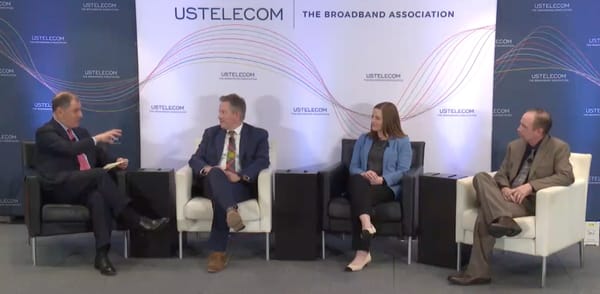
Digital Inclusion
FCC Commissioner Geoffrey Starks urged trade group members to engage lawmakers on extending the program.
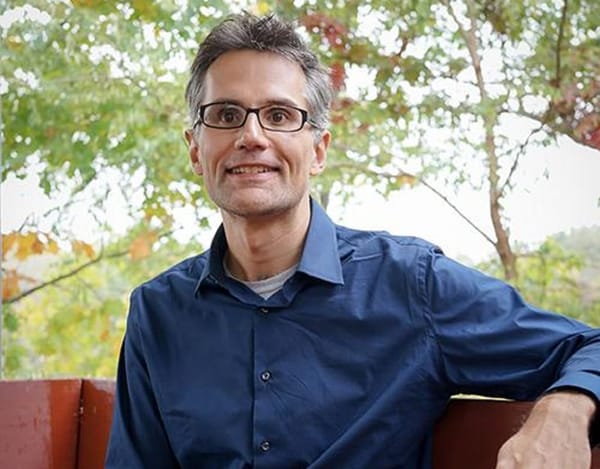
Net Neutrality
Free Press chose in recent days to underscore that it is in full agreement with the chairwoman.

Digital Inclusion
A majority of the House would need to sign on to the discharge petition.
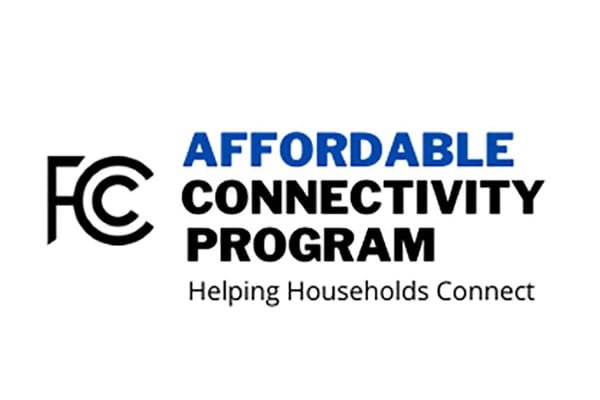
Digital Inclusion
Benefits will fall to $14 for low-income households and $30 for those on Tribal lands in the last month of funding.